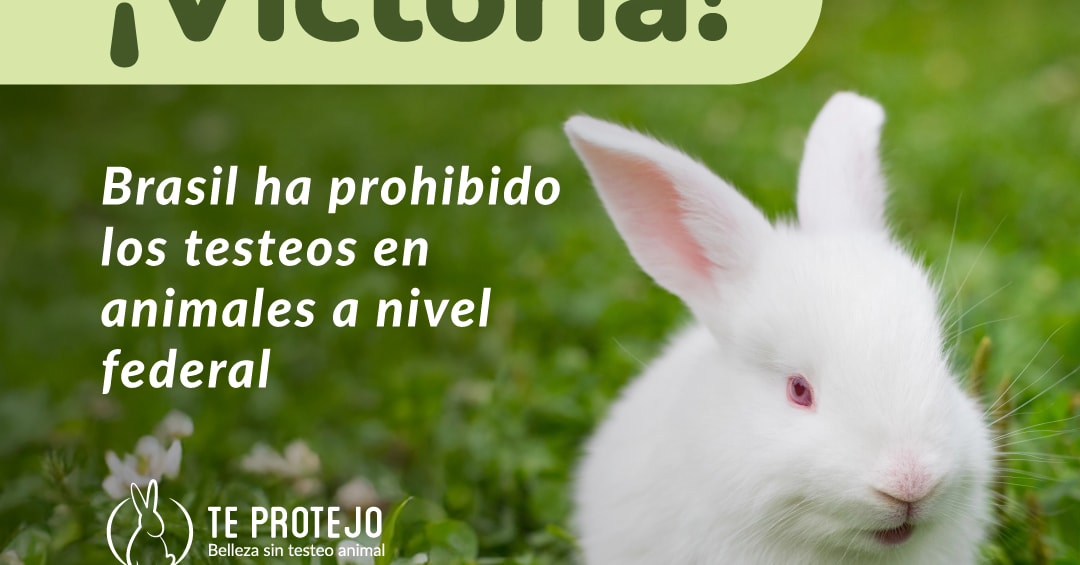Hey all! First post on here, so we'll see how it goes. I'm choosing to stay anonymous because of my role at a fairly moderately-positioned animal advocacy org, but like many (probably most) of you I'm an abolitionist at heart.
So the question is: What's your theory of change to get to a world without, or at least with much less, animal exploitation?
This question is basically just a continuation of this one on the EA Forum, two years ago. Definitely worth a read, if you haven't already. I wanted to ask this question again though because a) I think it's useful to regularly think about the end goal here, if only for inspiratory purposes; and b) I'd be curious to hear if anyone has any new thoughts since the last post.
I also think we as a movement have gone somewhat astray in that we hardly ever think seriously about the actual world we're trying to create anymore. I'd imagine this is both due to the influence of short-term EA-inspired thinking, as well as just the general non-profit incentives to achieve 1-3 year goals so we can get more funding and self-propagate. But of course, animal liberation requires thinking on much longer time horizons.
I worry that, no matter how fraught with challenges any real plan to bring about animal liberation will necessarily be, it's better to have some plan than to have none. Is it likely we'll be able to bring about some outcome if we haven't seriously planned how to bring it about?
Anyways, would be keen to hear anyone's thoughts or links on this. I'd also love to generally see more strategy-type discussions on this Forum. It's still very early, but right now it feels a bit too heavy on the organizational updates and promos side (some of this is certainly good though) and a bit too light on the movement strategy side. This is also probably indicative of a broader challenge in our movement though.



In a similar spirit to GoodHorse413, maybe the answer isn’t that we should have a single TOV, but rather that we should have a rough list of TOVs, know what the crucial considerations are, and incentivize orgs to help answer them. This is kinda like what Tiny Beam Fund does with their Burning Questions, but maybe with a wider scope and more movement buy-in. It also reminds me of the Sustainable Development Goals.
So the "plan" might look like a list of crucial questions, maybe with attached intermediate goals. Funders can decide their priority between different TOVs, direct impact, and different crucial questions.
Intermediate goals could be attached to a specific TOV (e.g. identify a target demographic that could push us beyond a tipping point if they were to adopt veg*ism), or things that we recognize as broadly useful for increasing the movement's power or conducting more "basic research" (e.g. I hear a lot of folks talking about getting all chickens out of cages, which sounds like a good exercise both to end what is likely one of the most intense instances of suffering and to force ourselves to grapple with the difficulties of change-making in currently neglected geographies).
It seems unlikely to me that the entire movement is going to get behind a unified system like what I am suggesting, but I still feel like if we all trend towards thinking in these terms (and maybe even making our own TOV and crucial considerations lists), then discourse around these concepts may organically develop.
Sidenote: Thought I would add a link to a mock-up picture I made imagining Sustainable Development Goals for ending factory farming. The idea was a little different from the above (here it was more about driving a sense of joint momentum than TOVs), but thought it relevant enough to share.